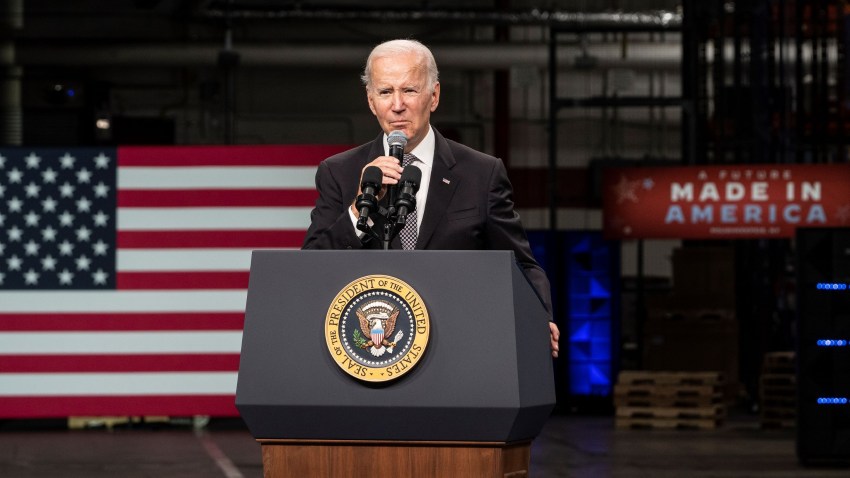The lament for a “golden age” of visionary leadership that has been betrayed by short-sighted mediocrities is a trope as old as politics itself. Such nostalgia often fosters a distorted view of the past. But the way these constructed narratives shape political behavior can provide insights into the tensions and anxieties of societies that are susceptible to such historical myths.
This narrative of an abrupt end to a golden age has been visible in the widespread reactions to the U.S. Inflation Reduction Act, or IRA, passed by the Biden administration last year. A massive $369 billion mix of tax breaks, subsidies and project grants, the IRA is designed to accelerate the transition of U.S. industry and infrastructure toward carbon-neutral technologies. To the shock of core U.S. allies and trading partners, much of the IRA’s economic modernization program hinges on buy-American clauses designed to direct this surge of investment in green technologies and infrastructure projects entirely toward U.S. businesses, to the exclusion of any foreign competitors.
This willingness to close off access to U.S. markets and attract investment through state aid has led to accusations among Washington’s close allies in Europe and Japan that the Biden administration has adopted a crude protectionist agenda. Liberal critics of President Joe Biden’s approach to green modernization worry that such continuity with the trade policies of his predecessor, former President Donald Trump, will undermine an international system of free trade that they claim has been at the heart of U.S. strategy since World War II. For commentators in European media outlets that are most strongly committed to partnership with Washington, the Biden administration’s turn to what The Economist called the “Big, Green and Mean” politics of protectionism has been a profound shock that threatens an open economic order that they cherish.

